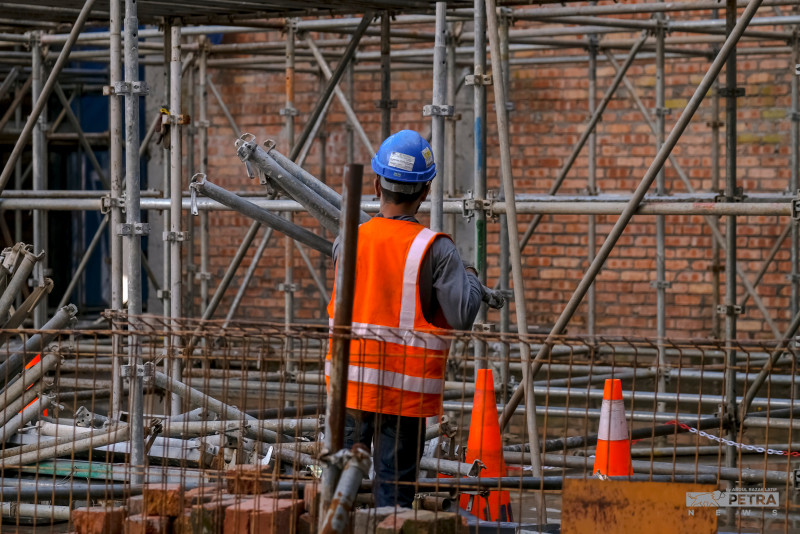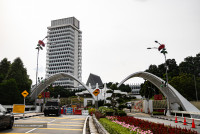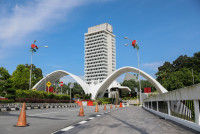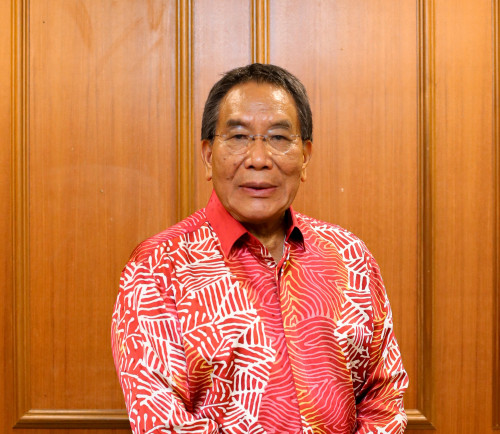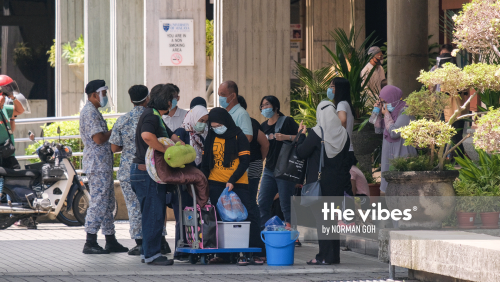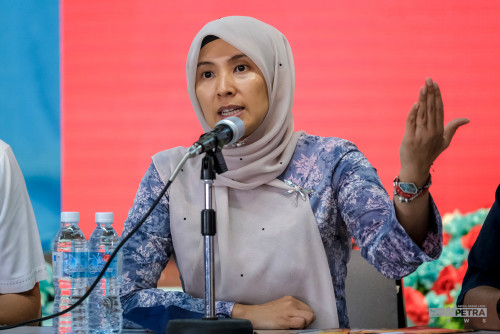THE Institute for Democracy and Economic Affairs (Ideas) emphasised that Malaysia needs to institutionalise a culture of transparency and public engagement when it comes to the planning and implementation of mega-projects in Malaysia.
This is especially pertinent given that these types of projects tend to have large and unintended consequences on local environments and local communities. This was the conclusion of Ideas’ months-long study on projects in Malaysia connected to the China-led Belt and Road Initiative (BRI), entitled “The Belt and Road Initiative (BRI) Projects and Information Asymmetry: Engagements with Local Communities in Malaysia”.
Over the last few years, infrastructure projects – particularly those in relation to the BRI – have received significant media attention within Malaysia.
This was particularly the case in the lead-up to the historic 2018 general elections, where these projects featured prominently in public discourse in Malaysia and were heavily intertwined with issues of leakages, sovereignty and lack of transparency.
Seeking to further understand the issues surrounding the BRI in Malaysia, Ideas had initially started this project with the hopes of looking into possible information asymmetry regarding BRI-related projects.
In particular, Ideas decided to focus specifically on the East Coast Rail Link (ECRL) and the Trans-Sabah Gas Pipeline (TSGP), as case studies of BRI-related projects in Malaysia as the continuation of the existing BRI Monitor project.
While Ideas found next to no evidence of any significant information asymmetry targeting the communities surrounding these projects, what it uncovered instead was altogether more disturbing.
Specifically, the near-complete lack of any form of meaningful outreach to local communities. Indeed, Ideas would note that this spoke to larger challenges with how mega-projects are handled in Malaysia.
As noted by Dr Benjamin YH Loh, senior lecturer at the School of Media and Communication, Taylor’s University and project lead, “from our discussions with locals from rural and peripheral communities found near the projects sites, the lack of communication surrounding the BRI projects in question is actually a common occurrence when it comes to any major federal-backed project in Malaysia”.
The think tank found that most mega-projects tend to be oblique and top-down in terms of structure.
In general, engagement occurs primarily at the high level, especially at the federal level.
Meanwhile, authorities see a lack of urgency when it comes to engagement at the grassroots and community levels, leading to the latter being left in the dark. Due diligence and feasibility studies are often not carried out in a timely manner, with locals provided little ability to provide their input or the final results rarely made public.
Ideas also found that communities vary in response to these communication and engagement gaps.
As noted by Dr Juita Mohamad, director of research at Ideas, “While certain communities (especially in East Malaysia) were more proactive in engaging with their authorities and ensuring their voices were heard, others were more passive for fear of being seen as disruptive by those in government.
“We must understand that many rural communities are not inherently against development projects, but want to be included in the planning and implementation stages of said projects.”
Based on the results of the study, Ideas made several policy recommendations to better improve the way development projects are executed in Malaysia.
Ideas called upon the authorities to facilitate greater public engagement with development projects at more stages of the development process.
Ideas also called for feasibility studies to be conducted before a project is undertaken and for the findings to be published and presented to the public to get their feedback among others.
Lastly, Ideas proposed expanding the scope of existing communication bodies to focus on creating an equitable and reliable platform for all Malaysians across the country to have a medium of communication to provide feedback about these projects. – The Vibes, June 27, 2023
Ideas or Institute for Democracy and Economic Affairs is a nonprofit research institute based in Malaysia dedicated to promoting solutions to public policy challenges



